WHEN the commander in chief speaks, people listen.
Soldiers and civilians alike pay close attention to the message, but rarely wonder how that message is getting to them. Most think it's the media: They record and broadcast presidential speeches, write articles about events and disseminate the information quickly, but that's only half the story. There are actually many hours of preparation for events before the media arrives: The podium must be put in place, the microphones set up and the sound and video equipment tested, among other things, and the White House Communications Agency prepares all of it expertly.
"The most challenging part of my job is to, on a daily basis, ensure that the president can execute his roles as head of state, commander in chief and chief executive," Air Force Col. Michael B. Black, commander, explained. "The members here at the White House Communications Agency play an instrumental role in the president being able to execute those roles."
Black explained that WHCA members are the only people connecting the president to whom he needs to talk-directly, through the White House switchboard, or indirectly, through speaking events and worldwide visits.
"Where else could you say that you directly support the Office of the President and witness history every single day'" he asked.
Originally known as the White House Signal Detachment, the WHCA was formed in March 1942 to provide normal and emergency communications requirements in support of the president. In 1954, the WHSD was renamed the White House Army Signal Agency under the Office of the Chief Signal Officer; by 1962, control of the unit went to the White House Military Office, and was reestablished as the WHCA.
Because WHCA has to support the president at any time, anywhere in the world, the agency is naturally very large.
It's organized into six commands and seven supporting directorates that work closely with one another to provide premiere telecommunications support to the president and supporting staff. Those commands include: the 1st, 2nd and 3rd Presidential Communications Commands, the Special Mission Command, the Visual Information Command and the Washington Area Communications Command. The supporting staff directorates are Personnel, Security, Operations, Logistics, Future Systems, Enterprise Architecture and Strategic Planning, and Resource Management.
Colonel Clinton Bigger, deputy commander, describes the work at WHCA as high-visibility, high-tension and high-pressure.
"(That) requires WHCA to have the highest trained, technically proficient people that are strong leaders, that can operate independently, capable of making decisions," Bigger said. "When they are presented with a situation, they need to be trained and qualified to act."
Intense training and leadership abilities help the WHCA Soldiers and servicemembers to think on their feet, which is crucial to delivering quality service to the president. Staff Sgt. Ryan Cotto, a member of the Visual Information Command, arrived at WHCA in 2006 and has not had a true mess-up during his tenure, but has had a few instances that tried his ability to think on his feet.
During an event with former President George W. Bush and the president of Mexico, Cotto was in charge of setting up the speaking area, to include the podium and sound. Security came through after they were finished to check the area before the principals arrived, and when Cotto and his team came back for the final sound check about an hour prior to the event kick-off, all of their equipment had been tampered with and nothing was working right.
Luckily, Cotto explained, he had labeled everything. Cotto double checked all the cables and hooked them up correctly, and then checked the soundboard to bring back his settings-which he had saved. He found the 75-foot fiber snake was broken and Cotto had to open up all the gear to compare all the connections against each other.
He matched the cables to their correct plugs, put the gear back together, and powered on the equipment. Cotto and his team lead did the final sound check in a room full of the press, but they had everything running smoothly by the time the presidents arrived.
"You have to be able to adapt," Cotto insisted.
Staff Sgt. Jillian Richards, shift supervisor for the non-secure switchboard under the WACC, agreed. Her job at the switchboard requires great mental flexibility as well.
"Every now and then, you get the really off-the-wall calls. One that I actually got: Vice President Biden, shortly after he came into office, said 'Hey, I want to talk to Craig Smith in New York.' I was like 'All right, Mr. Vice President, I'll call you back once I get him on line,' because I knew it was going to take a while to look up," Richards said.
"And then it dawns on me: Craig Smith in New York. That's all the information he gave me, too," she said. Richards then did what any good WHCA agent would do: she thought on her feet and did a quick Internet search. "I got very lucky, because it turned out (Smith) won the Democratic primary race" recently.
Richards was able to connect Biden to Smith, but it was definitely a trial; most calls are a little easier. Richards also connects incoming calls with the White House, dealing with legitimate calls as well as pranks, which Richards and her team ignore. Her favorite part of the job, however, is connecting Soldiers and other servicemembers to their Families.
"Every Thanksgiving and Christmas, the president calls 10 servicemembers around the world. We facilitate those calls," Richards said. "We sit there and we'll call them every day until the actual day, we'll put them on line with the president, and then we'll call them back and give them a free morale call anywhere in the world that they would like to call.
"To be able to do that-you just can't feel bad about that day," she said.
Mental flexibility is only one facet of the hard work and skill needed to operate as communications experts for the president. WHCA members undertake days, and sometimes even weeks of preparation for a presidential appearance, especially when the president travels.
"President Obama travels as much or a little more than President Bush did," Bigger explained. "Vice President Biden travels 400 percent more-that's not an exaggeration-400 percent more than Vice President Cheney, and their requirements for audio-visual support are dramatically different."
Every time the president travels, WHCA members put in countless hours organizing, loading and transporting equipment for set up before the president arrives. It's a physically and mentally demanding job, but it is done with precision.
"I'm in charge of all the logistics for the trips," Sgt. 1st Class David Brown, operations noncommissioned officer for the 1st PCC, said, "so basically everything boils down to me as far as getting the team out to the trip sites, making sure that they have lodging, making sure that we have the vehicles that we need when we get there.
"Once we get on the site, I meet with hotel representatives and basically we do walkthroughs of the hotels, find the office spaces that we need...that's all my responsibility," he said.
As a logistics lead, Brown manages rental vehicles and helps organize the packing and unpacking of all the equipment on-site.
"I have thousands of pounds of equipment that we're moving by hand, and no, by the way, you can't touch it," Brown said, laughing, "We're off loading it all ourselves." He explained that because of the nature of the equipment and the precise way it is packed, it actually slows the WHCA teams down when other people help them unload.
Brown's favorite part of the job is being able to travel with the president, visiting places he otherwise wouldn't, like the United Arab Emirates, but it's a little hard on his Family when he travels.
Brown thinks his wife prefers this job to extended deployments in war zones. "It's much easier than long deployments," he said.
Sergeant 1st Class Charles Moening, operations radio program manager, agrees that travel is his favorite part of the job, as well as the most challenging. He helps support travel teams by providing radios and telephones, and other technical aspects of a trip or speaking event.
"We have to coordinate with our customers, figure out what their needs are, figure out how we can make that happen with the equipment we have or do we get (more) equipment in, and that sets the standards for the travel people on how they meet their customers' needs," Moening explained.
He also acknowledged how much of a toll the frequent, short-term travel takes on Families. "Here, that phone could ring at any time, there could be a new trip, and you could go tomorrow," Moening said.
Despite the stressors of frequent travel on both the WHCA member and Family, Moening believes they are fortunate because members and their Families can always connect with each other.
"One of the biggest things is the availability of communications for us. We're always able to reach out and talk to our Families," he said.
"Working for the president is pretty cool too," Brown added.
"I absolutely love getting up and coming into work every single day," Black said. "It's exciting, it's definitely an adventure. The caliber of folks that we have in the White House Communication Agency (is great)."
Editor's note: The White House Communications Agency is always looking for new members and is committed to recruiting the best and brightest individuals from all services. If you are interested in applying for an assignment at the WHCA, visit www.disa.mil/whca, or call (202) 757-5150. To learn more about the agency, visit http://disa.mil/news/pressresources/factsheets/whca.html.
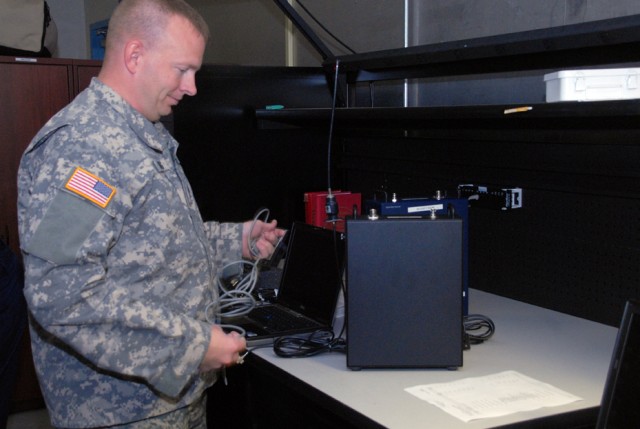
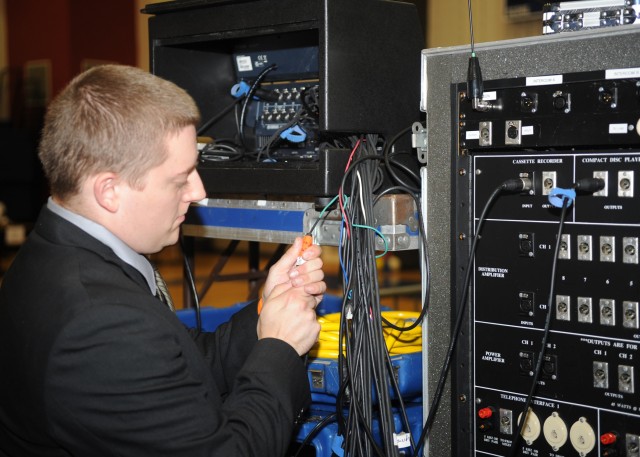
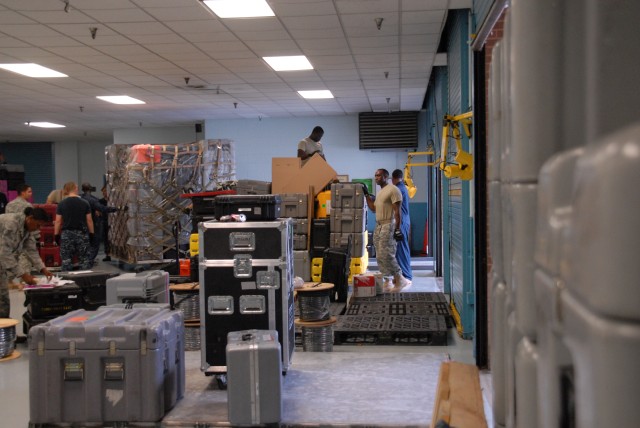
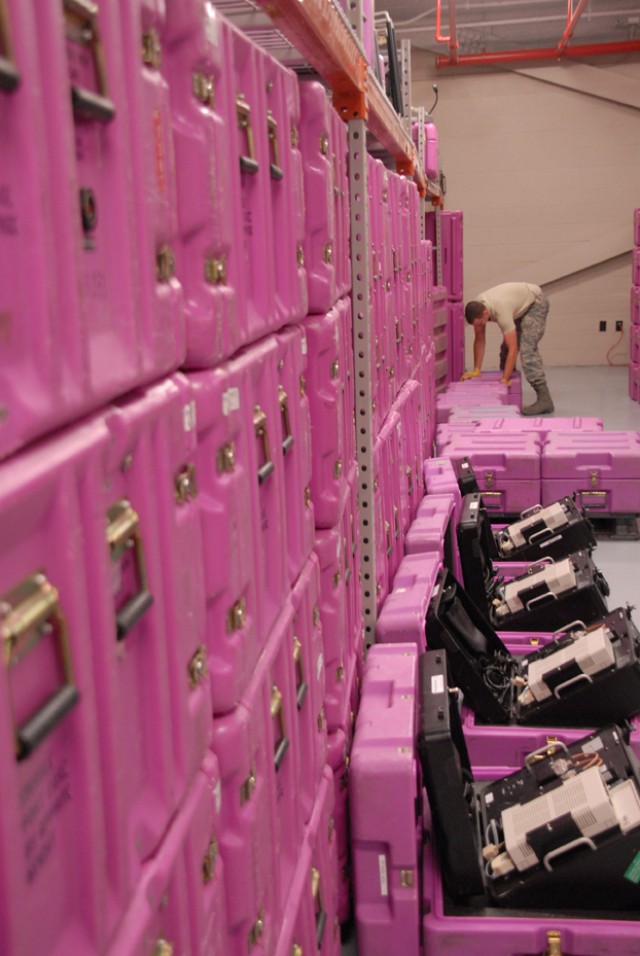
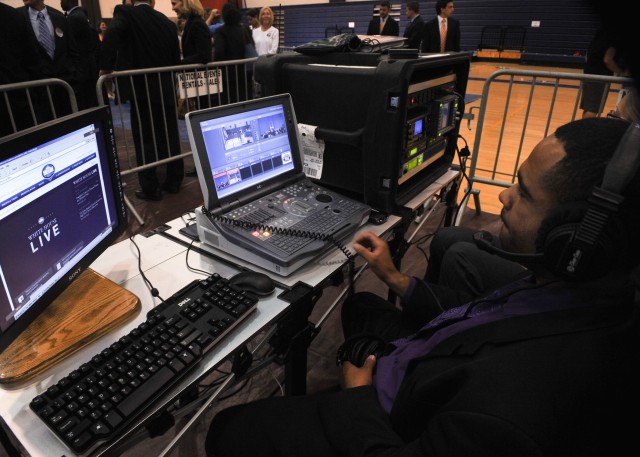
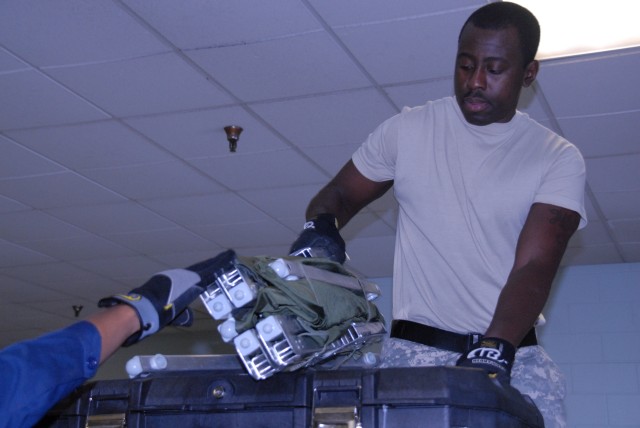
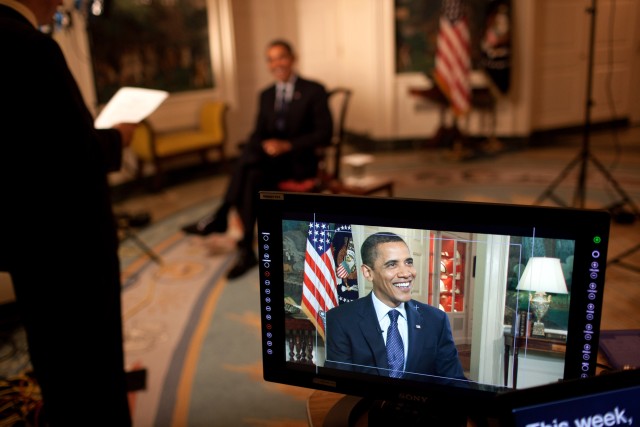
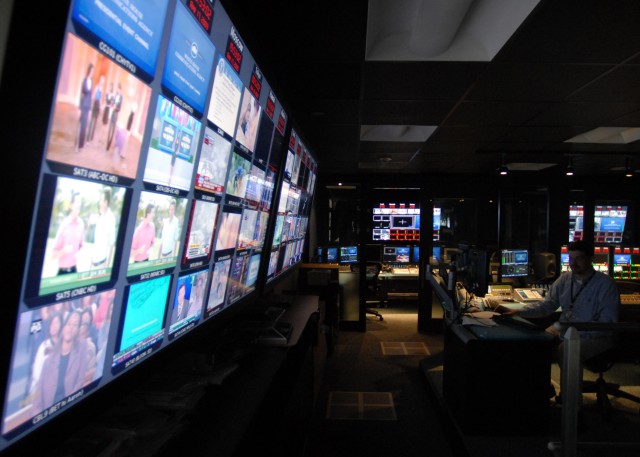
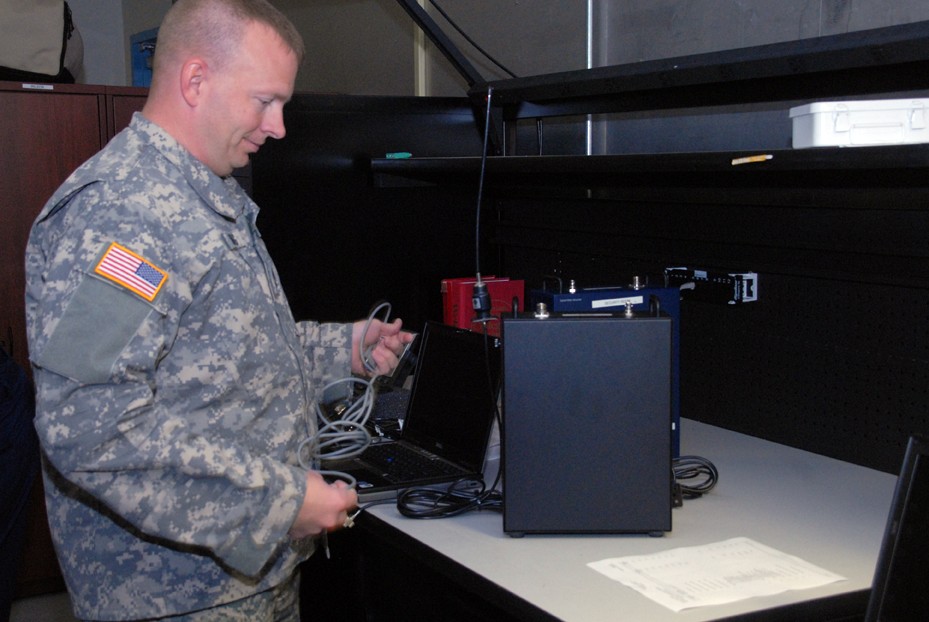
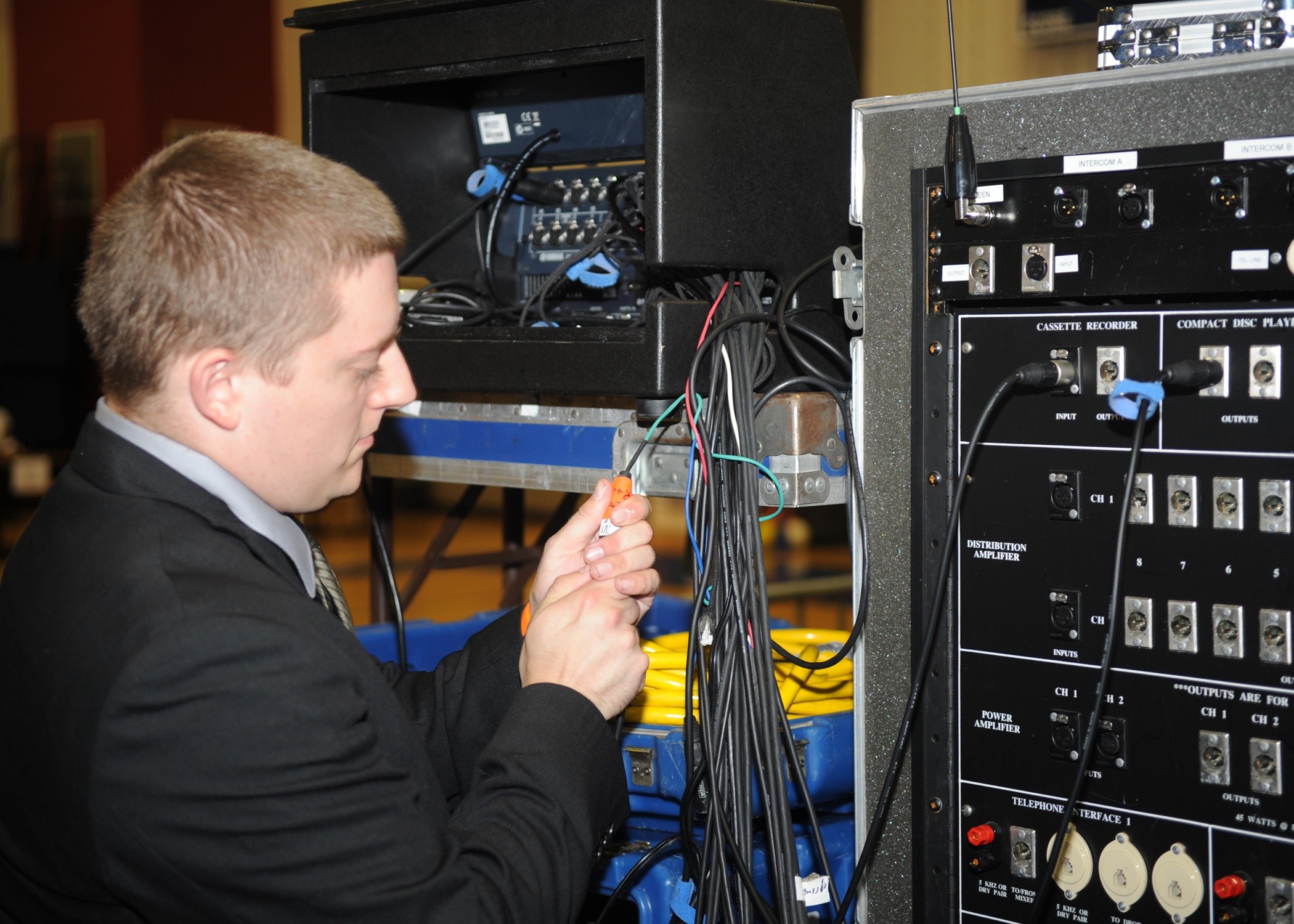




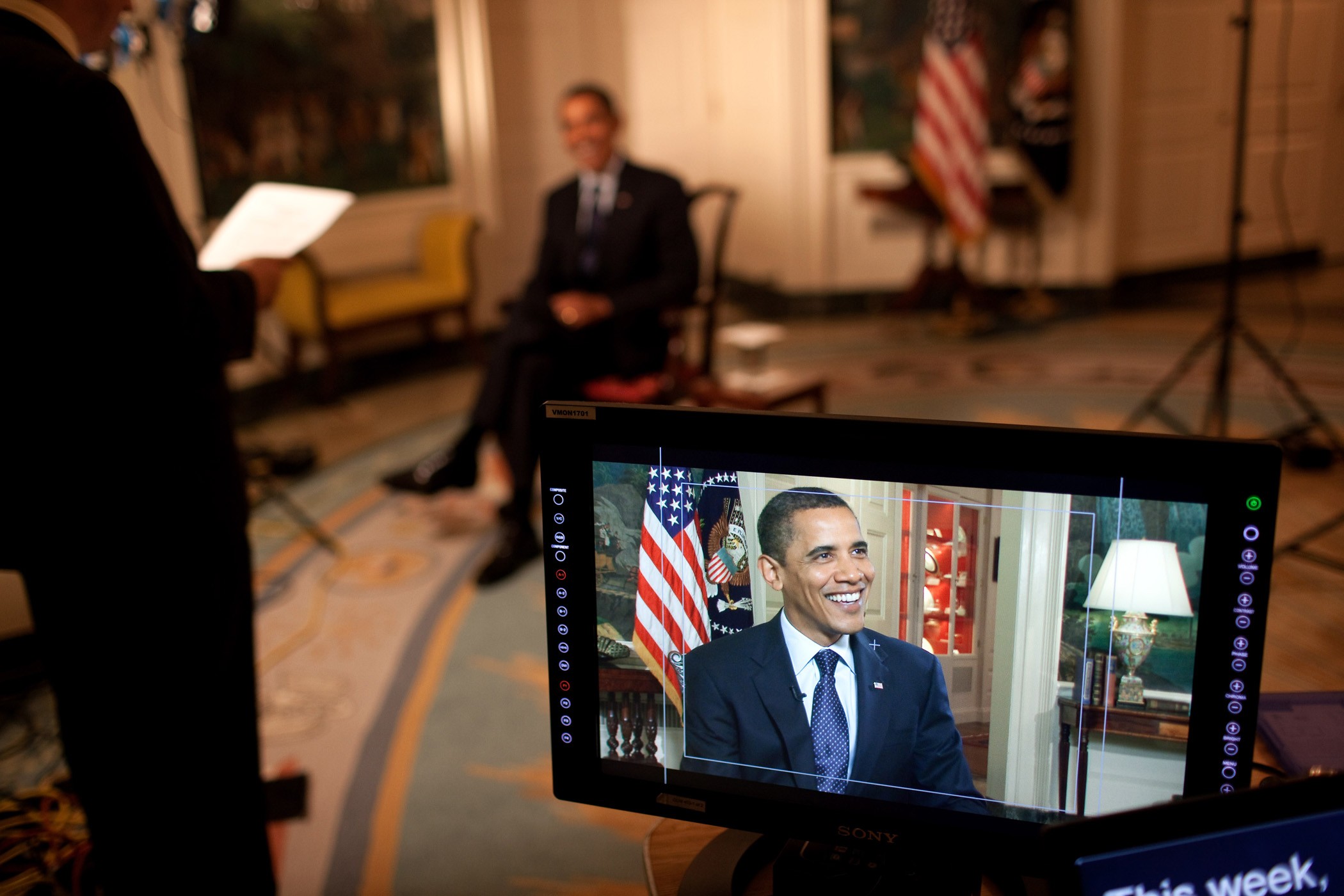
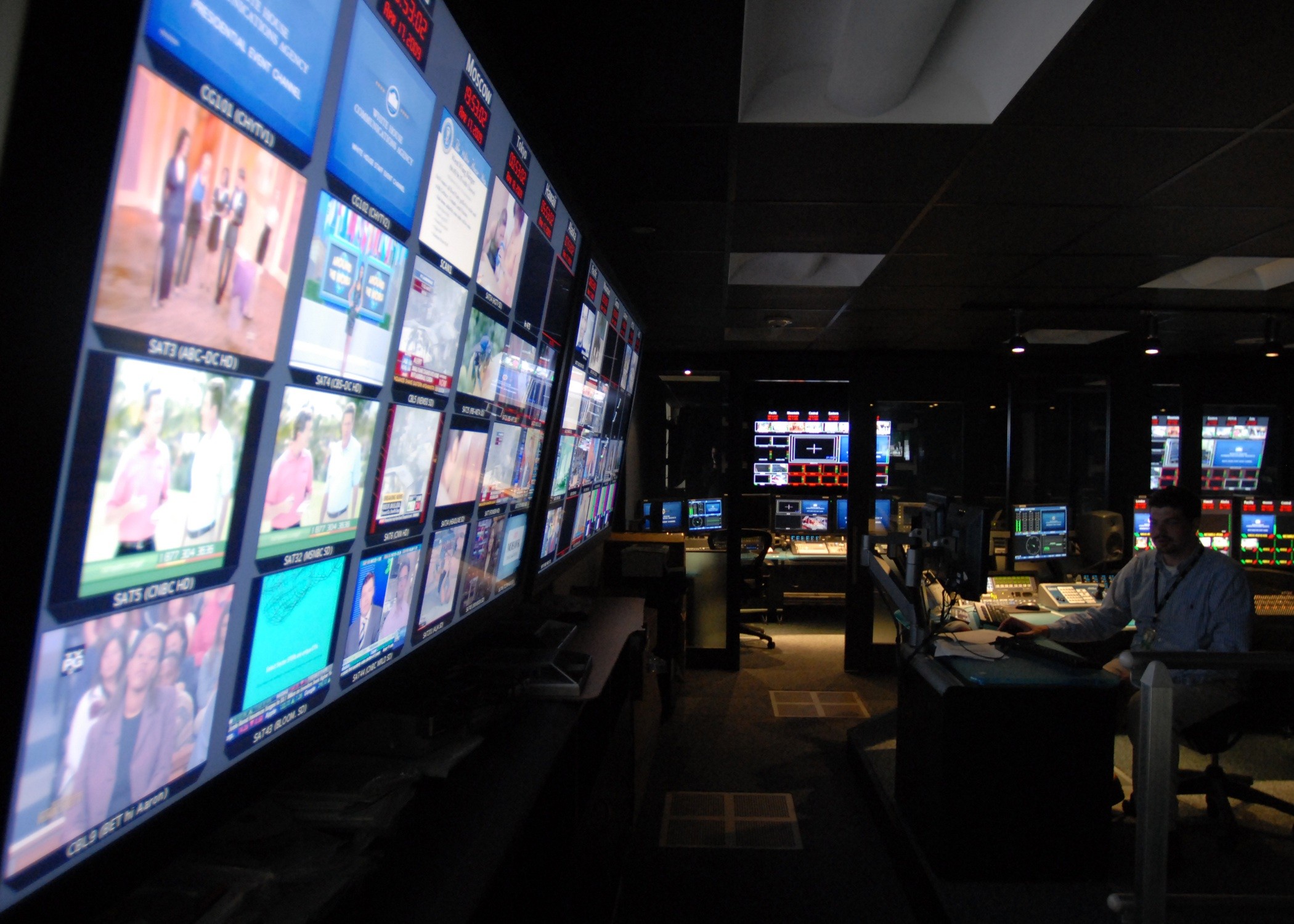
Social Sharing